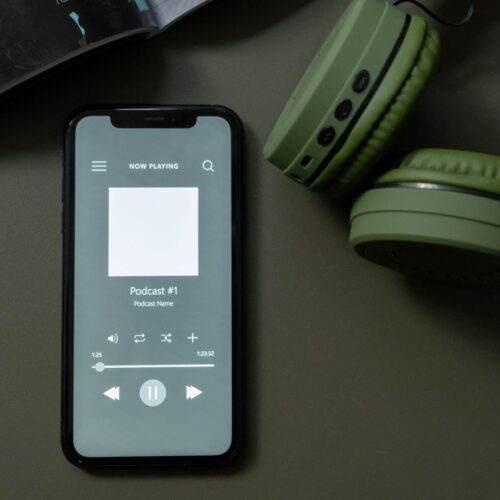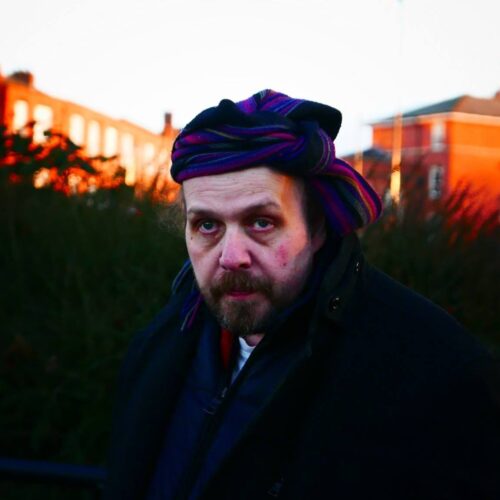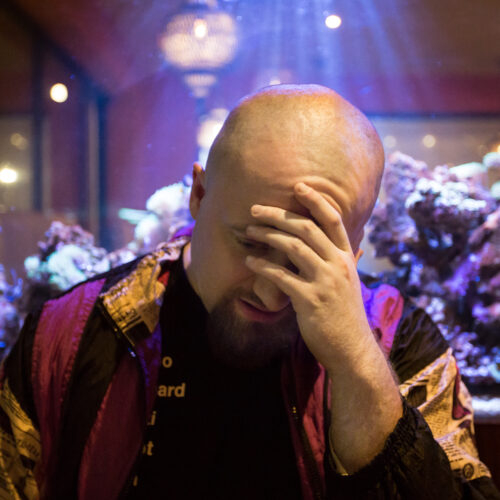
Musical highlights of 2011
Just before we turn off the lights and lock the door on 2011, here are the musical highlights – as chosen by members of the OCA music team.

Duncan Druce: For about a decade, each June, I’ve been spending a week (sometimes longer) in Bridgnorth, Shropshire, playing the violin at the English Haydn Festival. A large number of musicians from the UK and also from Germany, Russia and Israel, gather in this small town, to play to an audience of the great 18th century composer’s most enthusiastic fans. I found this year’s Festival particularly inspiring, and felt especially lucky to be a performer, and to have such an intense, concentrated exposure to the musical thoughts of an extraordinary creative mind – someone who was able to sustain his inventiveness, without pause, over half a century. [The image shows Duncan Druce (front left) leading the orchestra – taken from the Express & Star article on June 6th 2011.]
Patric Standford: I first heard Alban Berg’s concert aria ‘Der Wein’ when only 14 years old, and it opened up a new sound world for me that I have lived in and continued to explore ever since! The performance at the 2011 Proms by Claire Booth and the BBC Symphony recaptured for me not only my youthful excitement at the discovery, but a rather later enjoyment of the ‘restorative powers of fermented grape juice’!
The Proms also celebrated two of the composers I admire tremendously – Brahms and Britten. It has long been strange to me that Britten could not appreciate either Brahms or my other hero Sibelius, and yet his compositional technique (not, of course, his voice) was so similar.
A discovery for me this year was a cello recital by Raphael Wallfisch, who was recording my own concerto last month for issue on the BMS label next spring. Raphael’s performances of music by the lesser known English composers William Wordsworth, Josef Holbrooke and William Busch demonstrated his exceptional playing and musical insight.
Douglas Seville: In October, 2011, we were presented with a remarkable new production of Berlioz’s “opera” The Damnation of Faust, originally composed in 1846 and intended for the concert hall, not for stage performance. In directing a work that has no specific dramatic instruction attached, first-time opera director Terry Gilliam’s renowned creative imagination was let loose, with mixed results.
The age-old story of the scholar who sells his soul to the Devil, including his seduction and abandonment of the naïve Marguerite along the way, is a simple story, but the vivid and often horrifying settings perhaps resulted in too much production and not enough music. There can be no doubt that the highly imaginative settings, together with outstanding performances from Peter Hoare (an old college friend of mine) as Faust and Christopher Purves as Mephistopheles, transform the opera into a very original production. In future, perhaps the BBC will be encouraged to broadcast some real opera, possibly by living composers!
Paul McKinley: I particularly enjoyed a couple of TV programmes this year, presented by Simon Russell Beale. One was about the Symphony, and the other focused on Tomas Luis de Victoria, the Spanish Renaissance composer. I thought that the way he constructed his music to reflect the different texts was really ahead of his time.
Another musical ‘highlight’ was this exchange during one of my BTEC Popular Music classes: “Your hair looks just like Noel Gallagher’s”. “Who’s he?” “You don’t know who Noel Gallagher is? He’s that guy who presents Deal or No Deal…”
Andrew Watson: And my own two favourites? Well, one would be our very own music workshop where tutor Carla Rees performed 13 world premieres of pieces composed by OCA music students especially for the event.
The other has to be this extraordinary performance of the Mozart Piano Concerto in A (K 488) by American musicologist and fortepiano specialist Robert Levin (although he’s playing a modern concert grand piano in this video). If you know this piece at all you will realise the extent of his improvisation around the score as left by Mozart. If you don’t know it, I would urge you to borrow the score and follow Professor Levin’s solo piano part: I find it hugely exciting. The extraordinary point is that, whilst this may not be precisely how Mozart would have played it, it certainly approximates much more closely to his spirit than those mainstream pianists who play the printed part literally. Added to which, if you heard Robert Levin play the same movement with the same orchestra an hour later, I can assure you the detail would be different. Enjoy!





